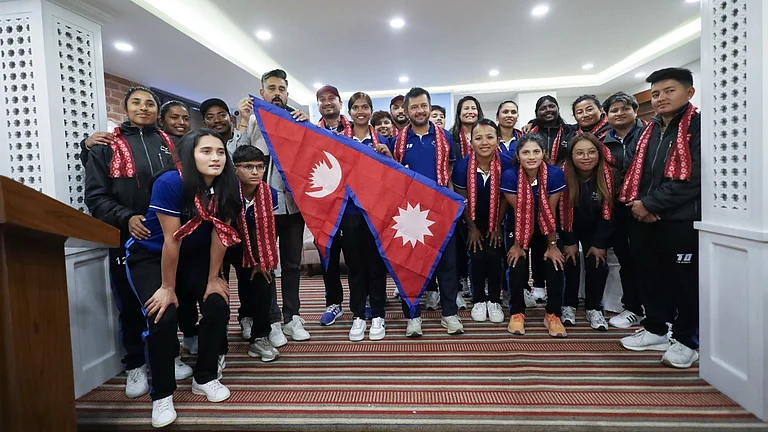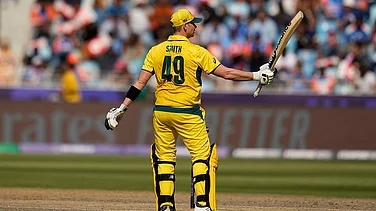Japan is in the process of preparing countermeasures against the new coronavirus for the entry of athletes and other related personnel to the Tokyo Olympics and subsequent Paralympics. (More Sports News)
As per reports, athletes and coaches will be allowed to practice from the first day after entering Japan, provided that they are tested daily for the virus and their range of activities is limited.
Both athletes and coaches will be exempted from the 14-day quarantine period that is normally required. Violations will be subject to measures including the revocation of the qualification certificate to increase its effectiveness.
The government, the Tokyo Olympics Organizing Committee, the Tokyo Metropolitan Government, the IOC and the IPC are expected to hold an online five-party meeting on April 28 to agree on countermeasures.
The proposed countermeasure calls for PCR and antigen tests for all parties related to the Olympics and Paralympics, twice within 96 hours before departure from their home countries or other countries, and upon arrival in Japan. They will be tested daily for three days after entering the country.
In addition to the athletes, coaches, trainers, caregivers, and others who will be working with the athletes will be tested every day after the fourth day as well.
In addition, they will be asked to submit a written activity plan that describes where they will go and how they will get there, as well as a written pledge that they will abide by the plan.
They will also be required to report on their health conditions and manage their history of contact with positive persons using a smartphone app and other means.
"Violation of the plan will result in a 14-day waiting period and revocation of the qualification certificate, which is essential for participation in the competition," a report added.
Stricter inspection and behavioural restrictions are aimed at easing the public's anxiety over the influx of viruses from overseas.
'Athlete-first' approaches will be taken to allow them sufficient time to practice so that they can compete in good condition.
For other related parties, such as organizing bodies and the media, the 14-day quarantine period will be applied in principle, but if necessary for the operation of the Games, the quarantine period will be shortened to three days. The rules are to be finalised by June just before the start of the mega event.
However, in such cases, the scope of activities will be limited and contact with domestic residents will be prohibited, and virus tests will be conducted once every four or seven days, depending on the situation. In the same manner with the athletes, if they violate these conditions, they will be subject to measures such as the revocation of their qualification certificates.
"Revoking the certificate will mean deportation,” a source said.
The government and the organizing committee estimates that about 15,000 athletes and coaches and about 80,000 other people from abroad will visit Japan during the Games.


























